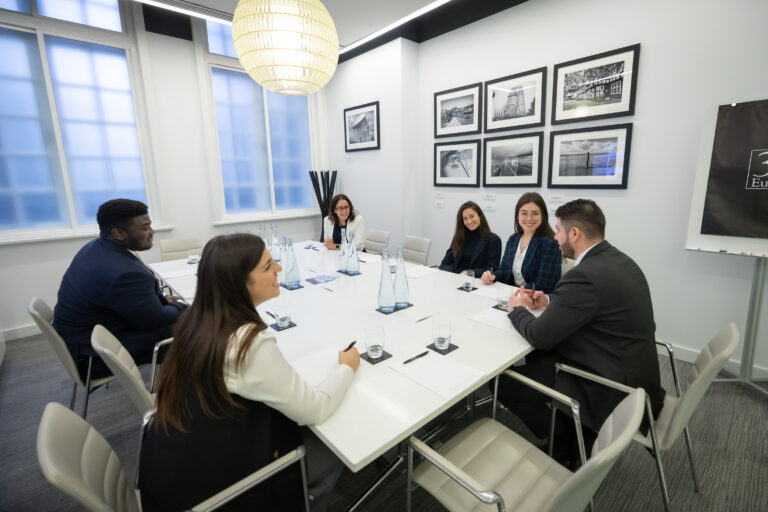Discover the latest news, updates, and events from 30 Euston Square – where every moment is memorable.

July and August Offer
20% off Ground Floor DDR rate or room hire for any booking taking place in July and August.
T&C’s: Subject to availability. Minimum numbers apply.